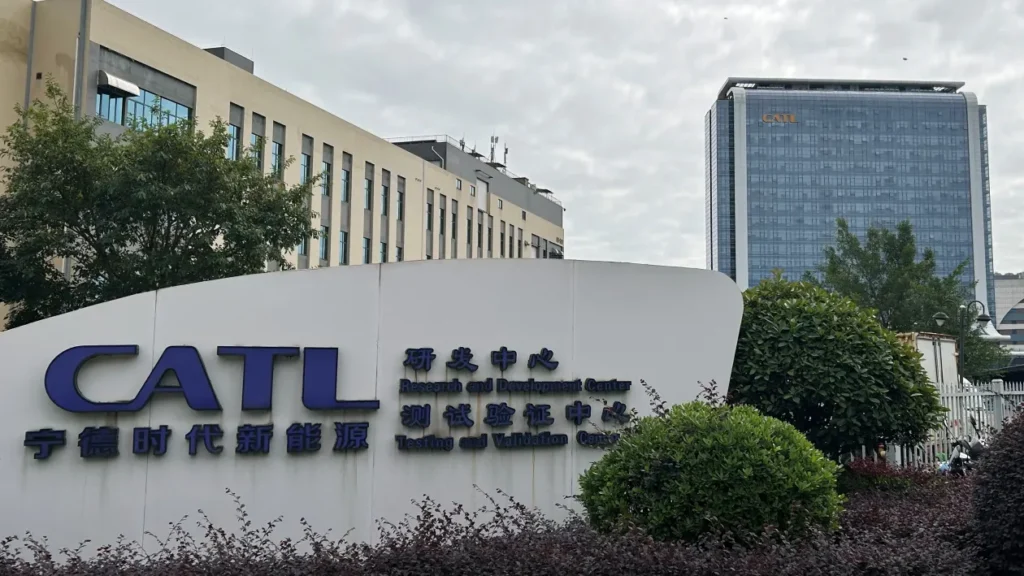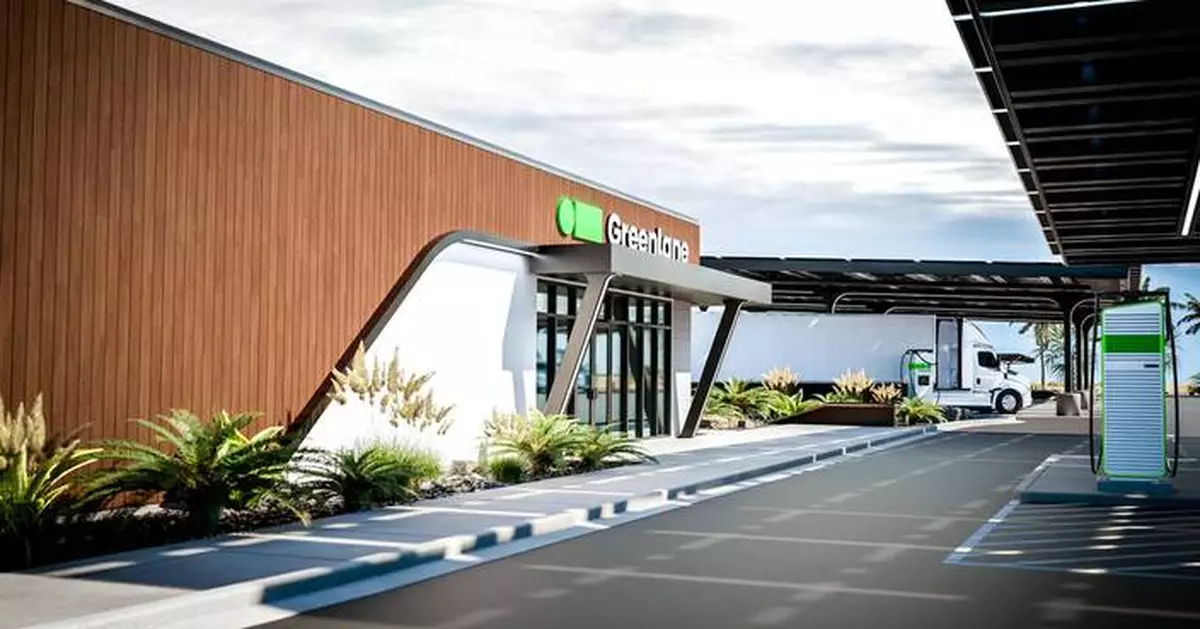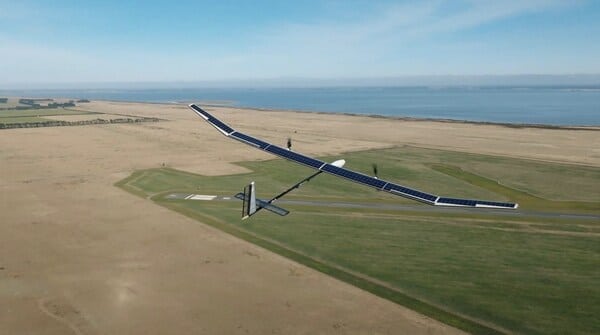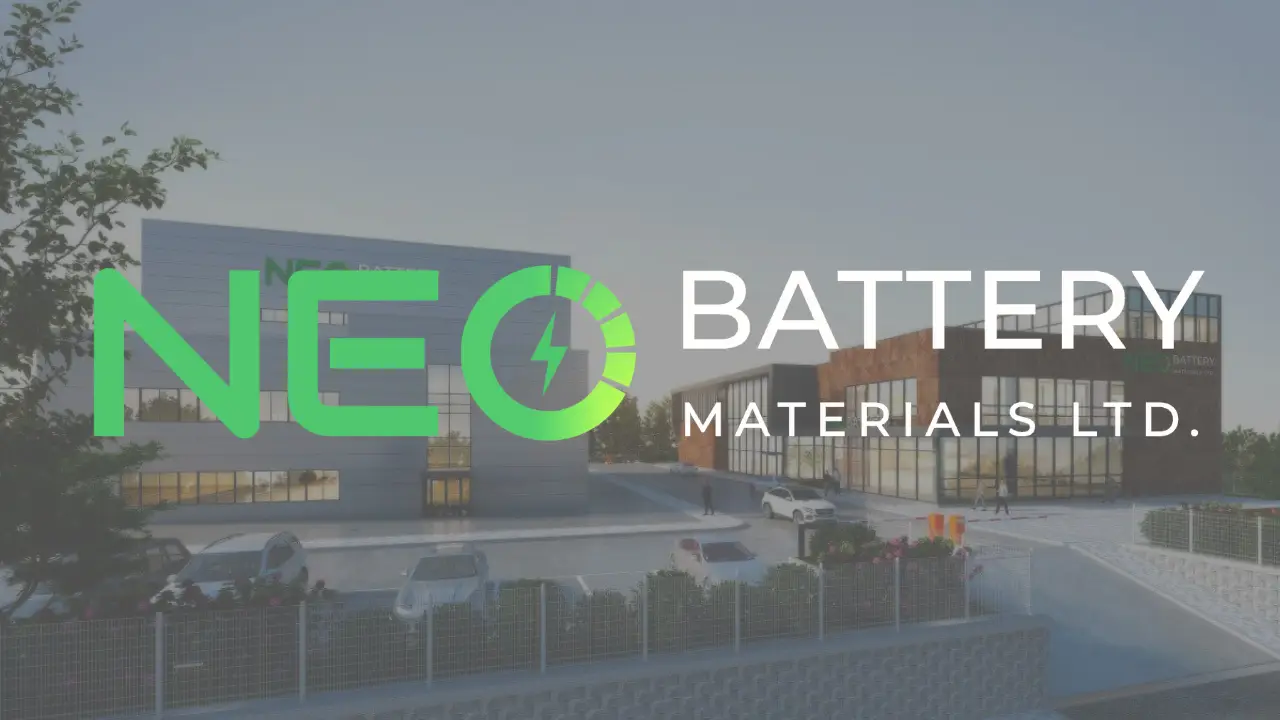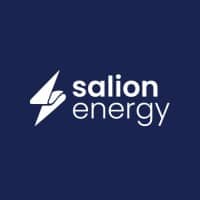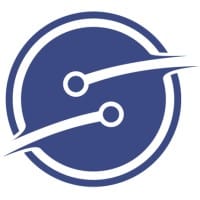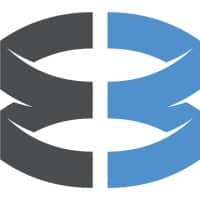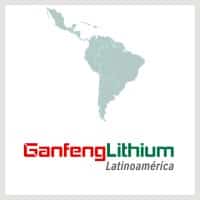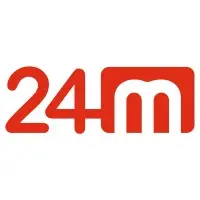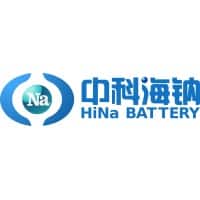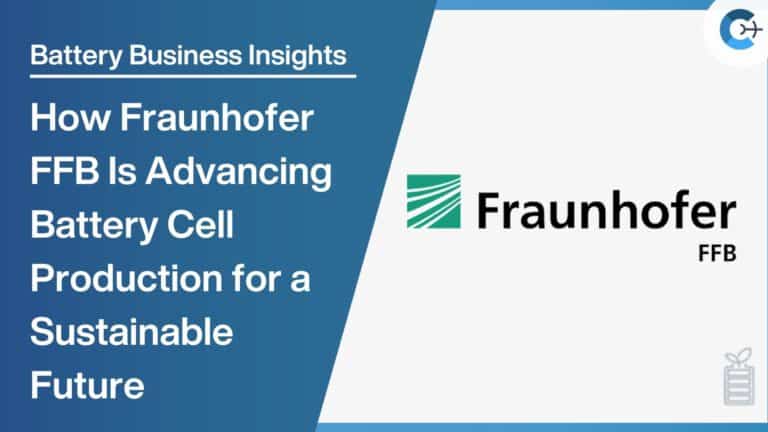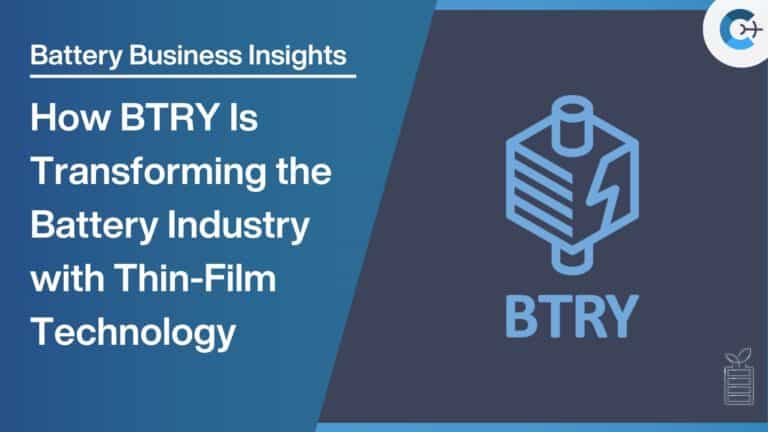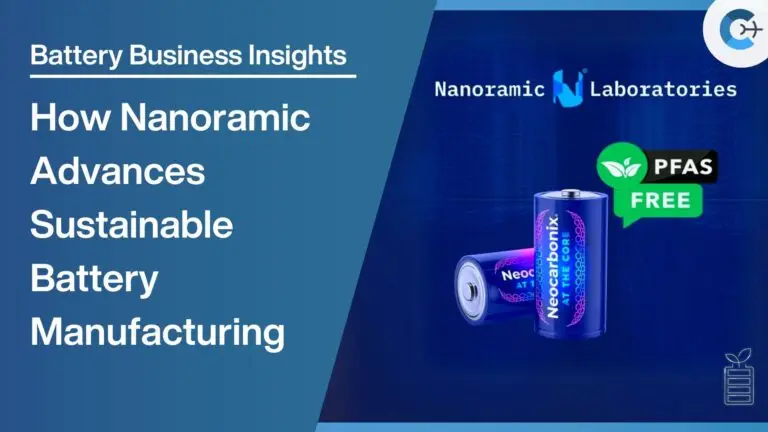Despite trade tensions initiated during President Trump’s first term, Zeng is optimistic about potential opportunities in his second term. Under the Biden administration, tariffs and proposed bans on certain Chinese technologies posed challenges for Chinese companies investing in the U.S.
In September, a ban was proposed on connected vehicles from China due to national security concerns. Additionally, a Republican bill sought to limit subsidies for U.S. manufacturers utilizing Chinese batteries—affecting companies like Ford and Tesla—but it was blocked by the Biden administration.
Economic analysts recognize the potential benefits of Chinese investment but also note possible competition issues. “Unlike CATL, BYD also makes electric cars and now rivals Tesla for the global EV sales lead.” This may play a particularly important role in the deal, as Tesla’s CEO is to be part of the US government.
In an August interview, President Trump expressed openness to foreign investment: “We’re going to give incentives, and if China and other countries want to come here and sell the cars, they’re going to build plants here, and they’re going to hire our workers.”
With Elon Musk’s participation in the new administration, collaboration between U.S. and Chinese companies could become more feasible. Tesla and CATL recently announced plans to jointly build a battery factory in the U.S.
However, Zeng has offered some critique of Musk’s focus on the 4680 battery cell format, stating, “We had a very big debate, and I showed him. He was silent. He doesn’t know how to make a battery. It’s about electrochemistry. He’s good with chips, software, hardware, mechanical things.” Despite this, Zeng acknowledged Tesla’s advancements in self-driving software, though he questioned the ambitious timelines: “He probably himself thinks it needs five years, but if you believe him when he says two years, you will be in big trouble. The direction is right.”
Highlighting his willingness to invest in the U.S., Zeng remarked last week, “Originally, when we wanted to invest in the U.S., the U.S. government said no. For me, I’m really open-minded.”
CATL continues to expand its global footprint, recently announcing plans for a battery cell factory in Indonesia and unveiling a battery-swapping network in China.

